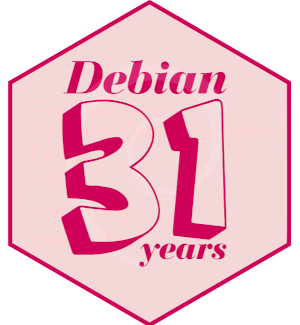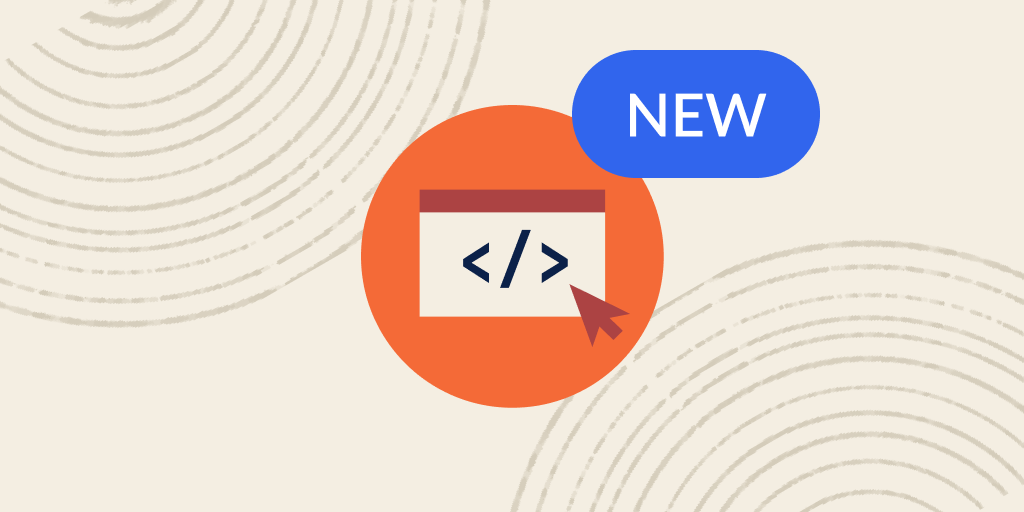Blog
While upgrading the blog to Writefreely version 0.15, I noticed the last blog was dated January 2024... It seems I've been neglecting the blog and with it you, the users. Sorry!
So let's see what has happened the past 8 months:
Fedihosting Foundation
As I wrote in the last blog, we (@stux@mstdn.social and I @ruud@mastodon.world ) started a non-profit foundation for hosting our Fediverse instances. A great part of our stuff has been transferred to the foundation.
(To be clear, this blog covers the instances hosted by Ruud, not those hosted by Stux)
Meanwhile, we're still looking for volunteers / people to join us, in any of these roles: – New members of the foundation, possibly instance owners/admins, preferably Dutch. – People wanting to help hosting and think about the future of the instances – People wanting to help out moderating 1 or more of our instances
If you're interested, DM @ruud@mastodon.world or mail to info@mastodon.world
Mastodon
The biggest news on the Mastodon side has been that we've taken ownership of https://toot.community! This instance had been setup and run by Jorijn, but he now lacks the time to run it as well as he would like, so asked us to take over and we did. Toot has around 2500 monthly active users out of 31000 total users. (Compared to mastodon.world: 13000 monthly active out of 183000 total users)
We did notice the running costs of toot no longer were covered by their donations, and the infrastructure was overscaled, so we're planning to downgrade soon.
The other Mastodon instances have been running quite stable and growing very slightly.
Lemmy.world
Lemmy.world has been steadily growing and been performing quite well the last months. We had a major upgrade from 0.18.5 to 0.19.3 in March which went well, thanks to the preparation and hard work of the team.
Bookwyrm
Our Bookwyrm server bookwyrm.world has grown from 37 users in January to 206 users currently. The server has gotten some nice logo's and banners designed by @vsp@mastodon.world, and @sigvie@bookwyrm.world has been helping out moderating the instance.
Pixelfed
I had a Pixelfed instance https://fotofed.nl but wanted a '.world' version, so in February we installed a Pixelfed instance at https://photofed.world. It hasn't got too many users yet, so if you want to try a Federated alternative to Instagram, just try it!
Sharkey / Firefish (Calckey)
Our 'Calckey gone Firefish' instance calckey.world has grown to over 700 users. But there has been (and still is) some uncertainty about the future of Firefish, which prompted us to install another Misskey fork in January: Sharkey. Of course it's at https://sharkey.world I personally like it better than Firefish or Misskey, I even re-installed my personal instance (ruud.social) using Sharkey.
Finances
We haven't updated you on the finances since January. Let's sum things up: – Costs have slightly gone up, and from July we've started some cost-cutting – Donations have been going down every month (together with number of active users going down) – We've taken over toot.community, and also the donation platforms for it. Their donations don't cover the total running costs, plans for scaling down are in testing phase now. – In August, we saw a yearly subscription for Cloudflare renewing (which we'll replace with Fastly hopefully before the next renewal..) – Also in August, we discovered that the Fastly payments foor toot.community failed in the last 3 months, so we had to pay that at once. (When downscaling toot.community, we'll also migrate it to our foundation's free Fastly account)
Due to the last 2 points, August costs were about 400,– higher then they should normally be. Apart from that, the cost cuttings have worked and will be even better after t.c migration.
Here's the totals for the past 3 months:
Costs June: EUR 2424,80 Costs July: EUR 1953,45 Costs August: EUR 2368,11
Donations June: EUR 2214,16 Donations July: EUR 1971,84 Donations August: EUR 2061,51
And for those interested, these were the costs in August: – Foundation 50,- – Wasabi toot.community 94,50 – Wasabi others 226,74 – Hetzner toot.community 284,79 – Hetzner others 1116,83 – Fastly toot.community (3 months): 190,07 – Cloudflare (yearly): 232,85 – Namecheap: 2,41 – DigitalOcean: 18,30 – Donations to Mastodon and Lemmy: 99,22 – Backblaze: 2,84 – Borgbase: 16,92 – Mailgun: 32,64
As a reminder, might you want to support our instances, you can do so at any of these platforms: KoFi (https://ko-fi.com/fhfworld) Liberapay (https://liberapay.com/fhf/) OpenCollective (https://opencollective.com/mastodonworld) Patreon (https://www.patreon.com/mastodonworld)






